As part of the European rally for the fight against extremism and terrorism, the European Parliament in Brussels hosted on February 18, 2020 the European conference « Turkish intervention in the Mediterranean: Causes, targets and dangers. »
Speakers:
– His Excellency Yasar Yakis, former Turkish Minister for Foreign Affairs
– Dr. Costas Mavrides, Member of the European Parliament of Cyprus and President of the Political Commission for the Mediterranean
– Dr. Niyazi Kizilyurek, Member of the European Parliament of Cyprus
– Dr. Magnus Norell, researcher at the Washington Institute for Near East Policy
– Jean-Valère Baldacchino, president of the Circle of Research and Geopolitical Analysis of Paris (GRAC).
Nidal Shoukeir, Professor of Strategic Communication and Government Relations, President of the Association of the European Press for the Arab World (APEMA) chaired the debates.
Many personalities from 22 countries participated, including 15 diplomats representing 10 countries.
Two main subjects were discussed:
– on the one hand, Turkish intervention in the eastern Mediterranean, in particular the question of gas exploration off the coast of Cyprus
– on the other hand, direct Turkish military intervention in Libya.
Several participants condemned the unilateral agreement on maritime borders signed between the Turkish government and the Libyan government of reconciliation led by Fayez Al-Sarraj, an agreement threatening stability in the Mediterranean.
Yasar Yakis stressed that this Tripoli government was controlled by the Muslim Brotherhood and militias linked to terrorist organizations.
He added that Racip Tayyip Erdogan has lost the trust of Europeans for several years. Its foreign policy is unclear and its political offensives linked to its Ottoman expansionist policy do not respect international laws.
Turkish interference is to be feared which could have regional and global repercussions and transform Libya into a new Syria because of its oil wealth.
According to Costas Mavrides, Erdogan, in the assertion of his expansionist Ottoman policy, uses terms which have not been used since the Nazi era. His political and military support for ISIS, Al Nosra and the Muslim Brotherhood is proven. For Dr. Costas Mavrides, there is no political role for Turkey in Libya.
Niyazi Kizilyurek considers that Erdogan isolates Turkey by his Ottoman expansionist policy. He recalls that Cyprus, a member country of the United Nations and the European Union, fully believes in exploiting its energy resources within its maritime borders, sovereignty which Turkey refuses to grant it. His refusal of any agreement deprives both parties of the energy wealth that could be distributed.
Magnus Norell points out that Erdogan has succeeded in gathering more terrorists in Libya and the Maghreb than in the past in Syria and Iraq.
He warns of the danger of political Islam which continues to spread despite the fall of the Caliphate. He recalled the need for Europe to intervene to prevent arms exports to Libya, especially those from Turkey, as this destabilizes security in the region.
Jean-Valère Baldacchino says that Turkey uses migrants to blackmail and intimidate Europeans.
Erdogan’s expansionist policy in Libya is a danger to France’s war on terrorism in Africa, particularly in Mali. He uses political Islam and Ottoman nationalism to justify his interference in neighboring countries.
J. V. Baldacchino regrets the lack of firmness of Europe in the file of displaced persons and the infiltration of terrorists in Syria from Europe, a file which has become a source of blackmail.
Views: 0


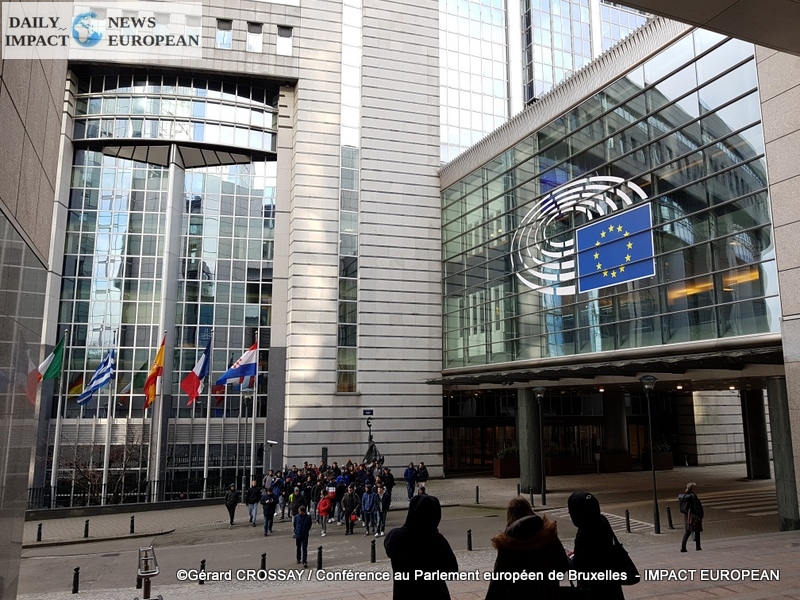
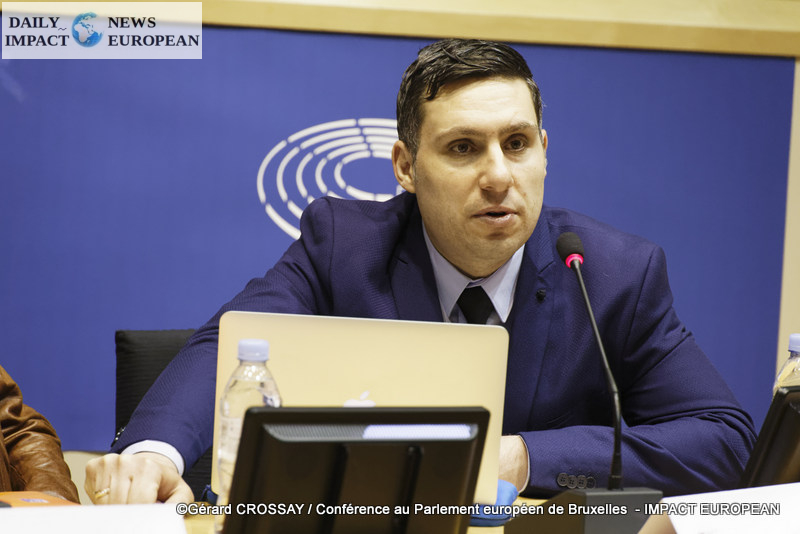
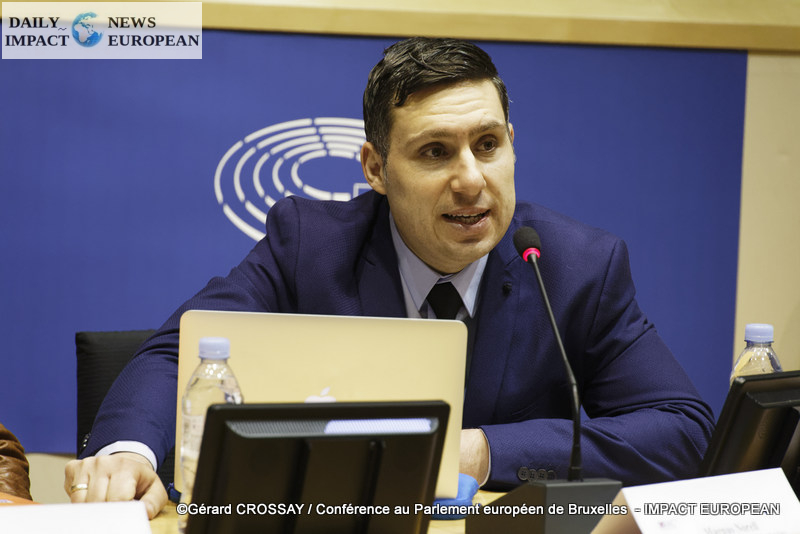
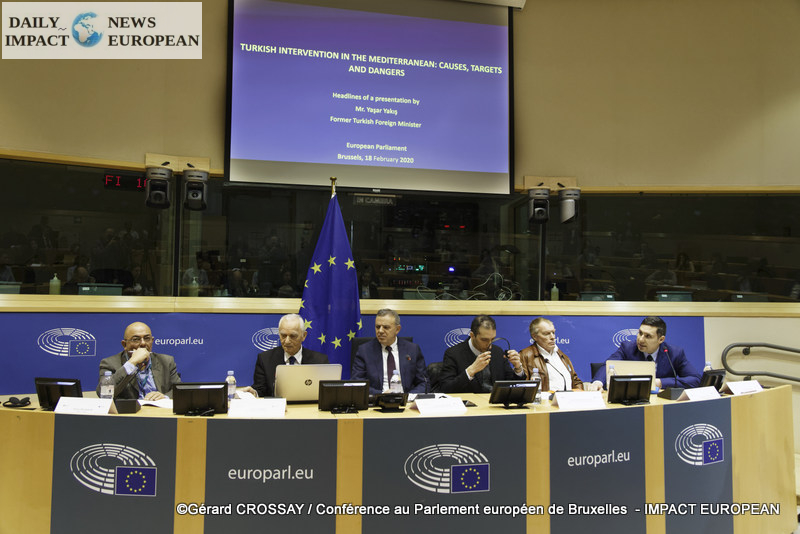
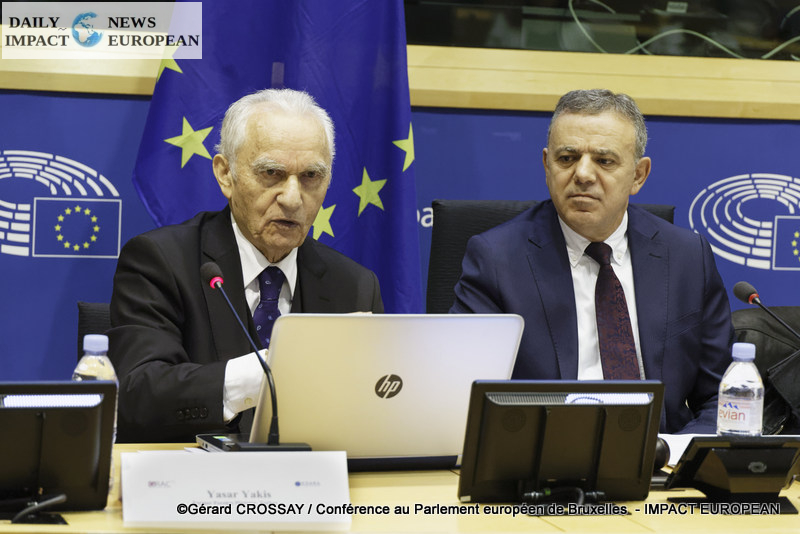
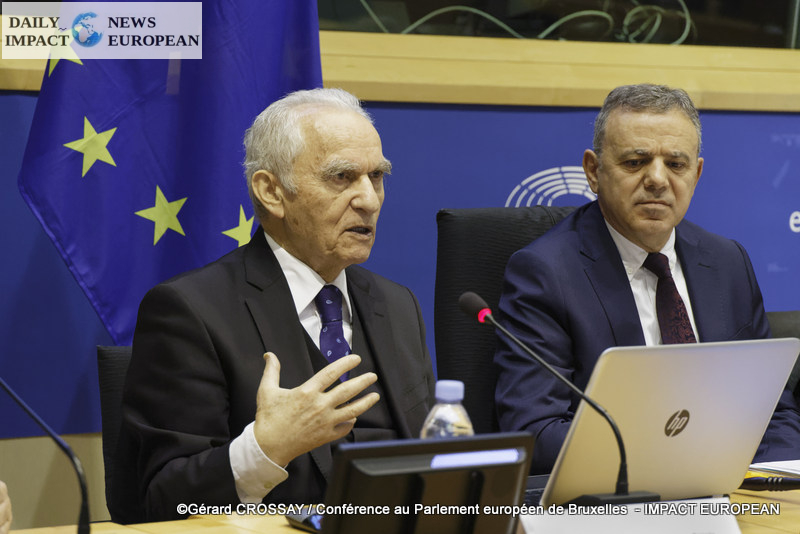
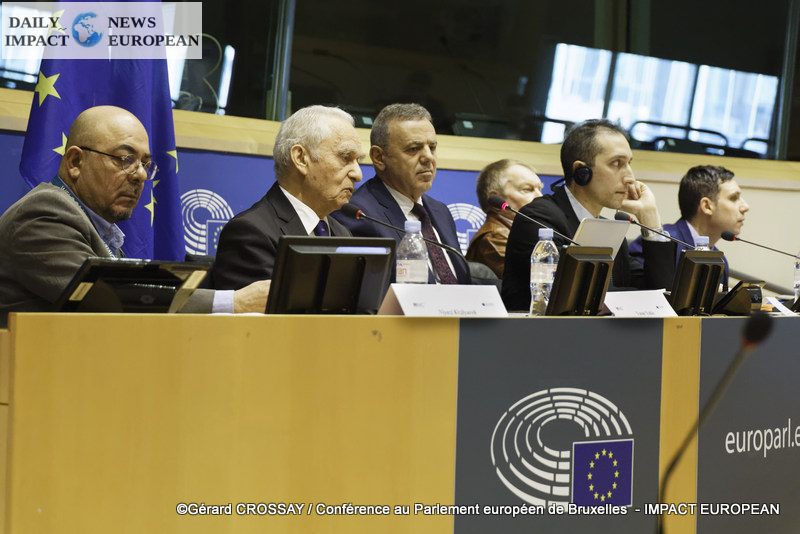
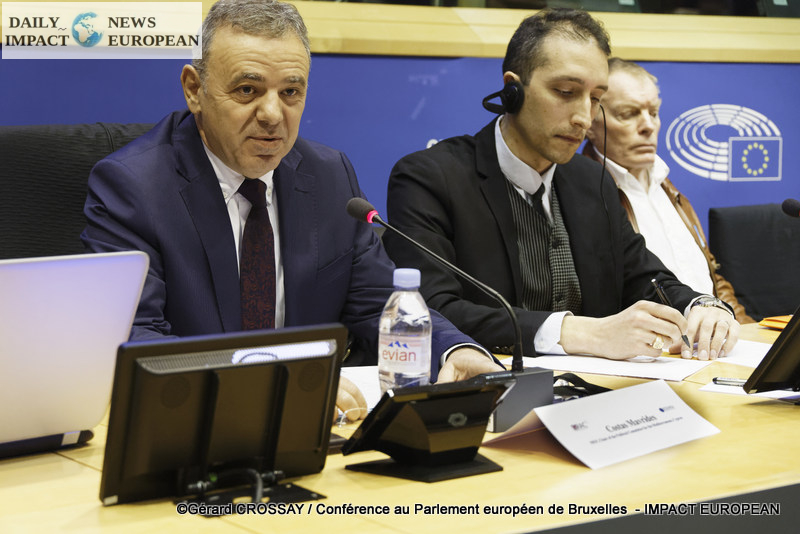
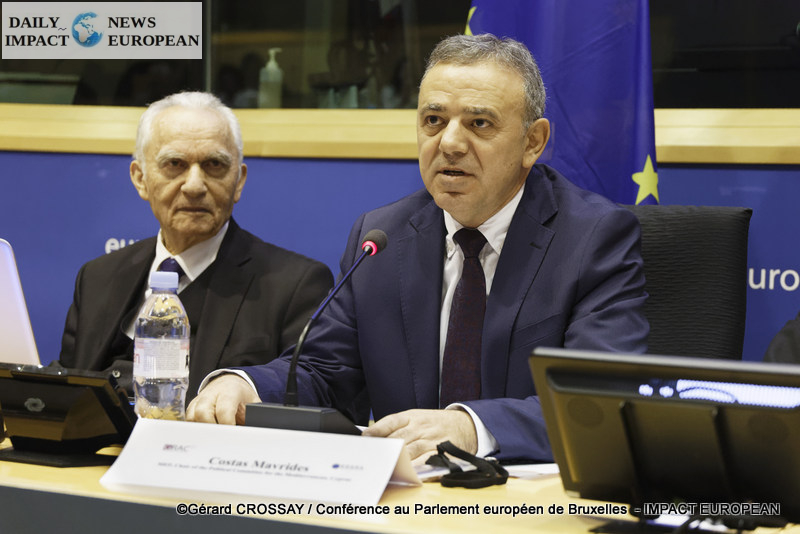
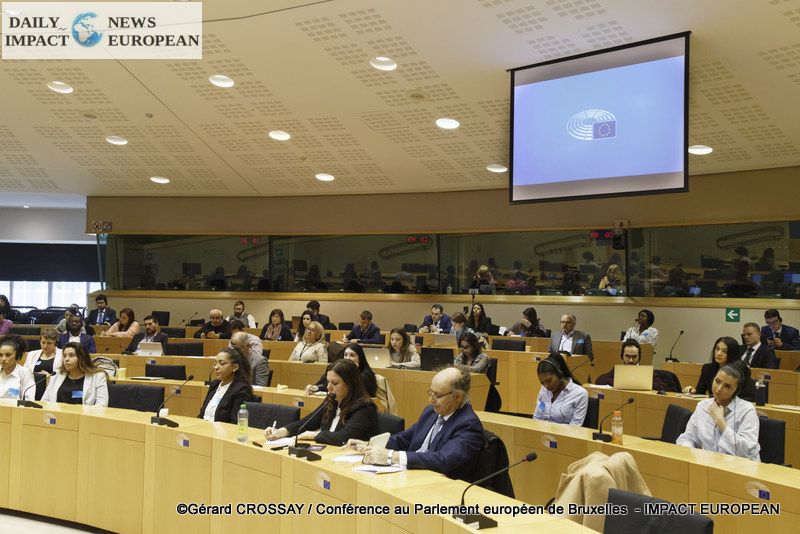
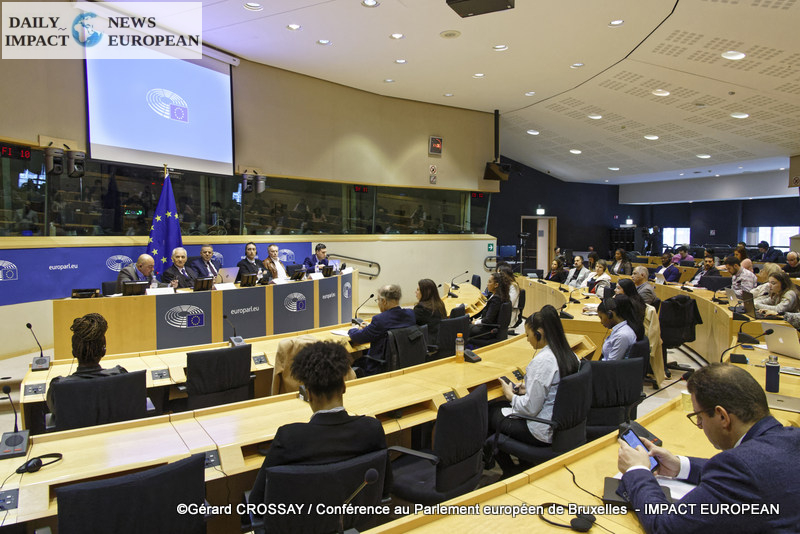
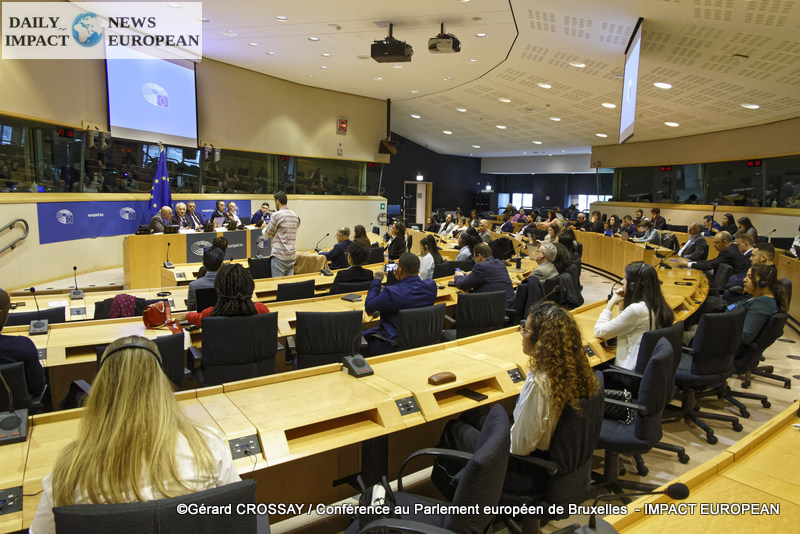
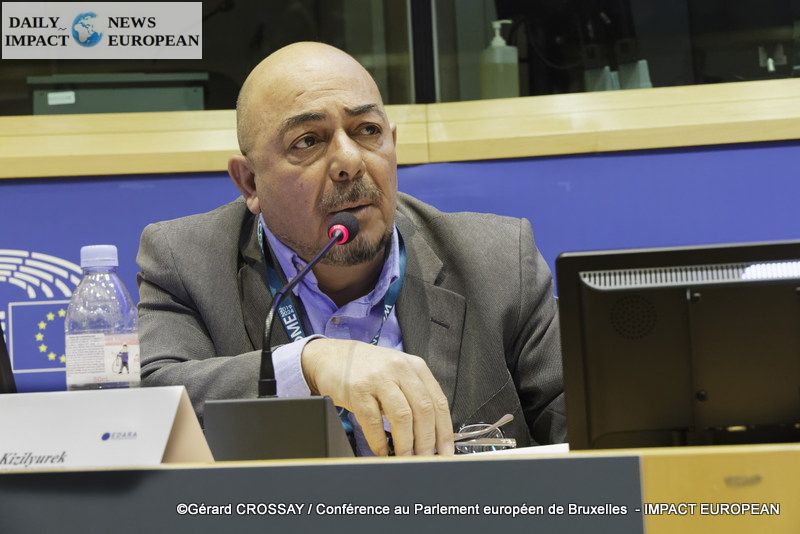
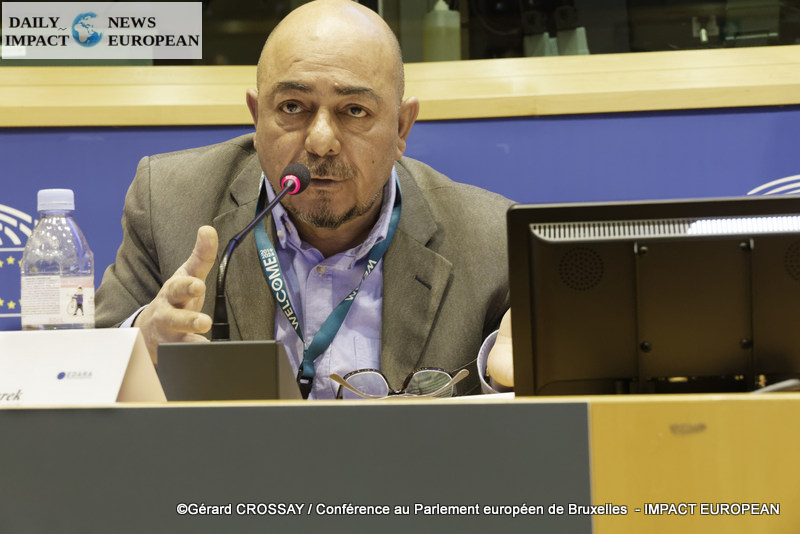
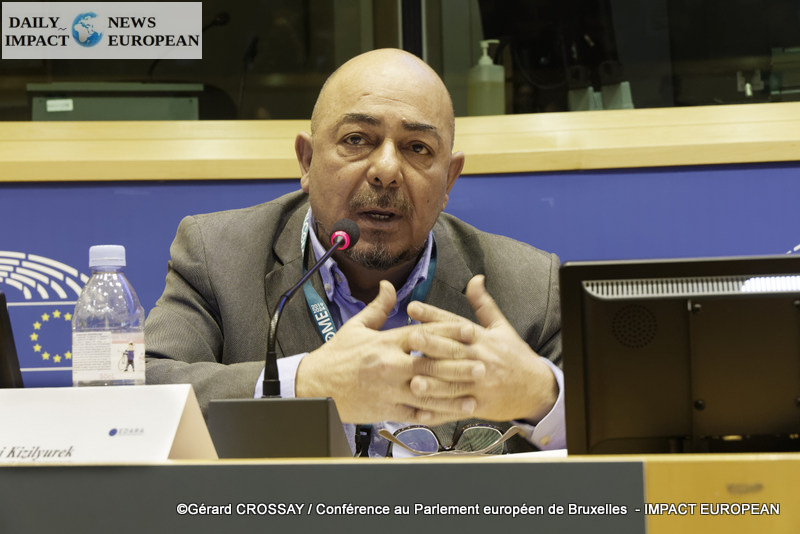
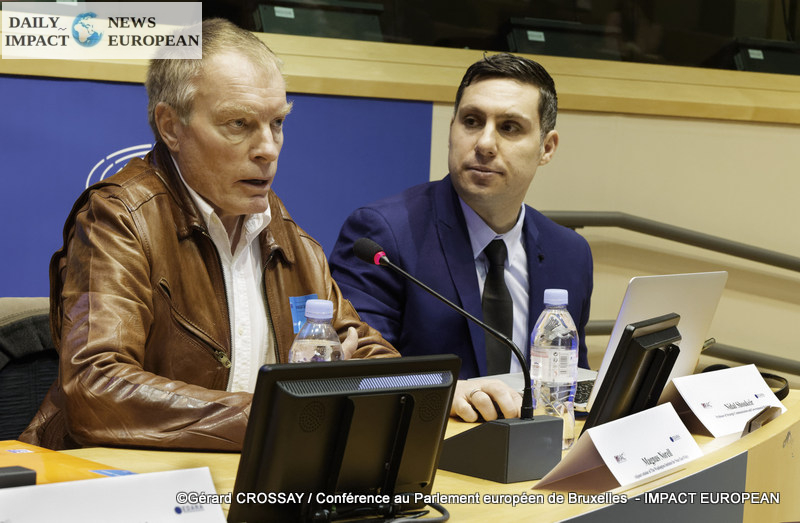
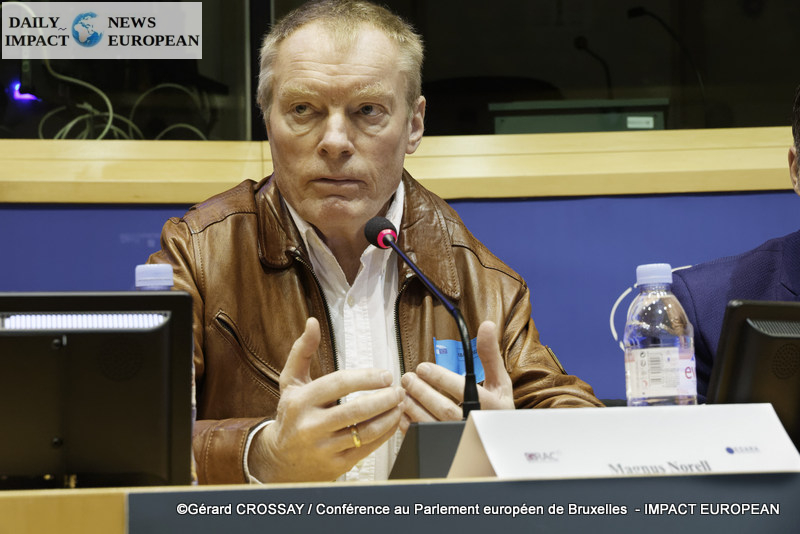
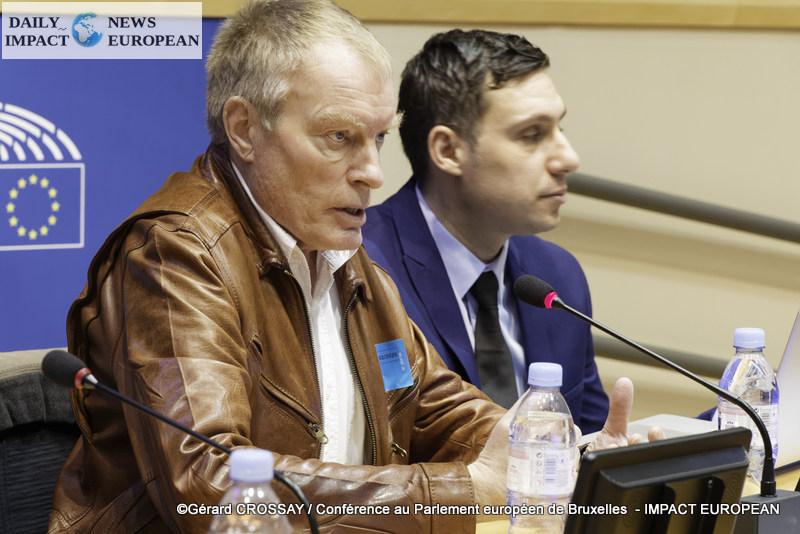
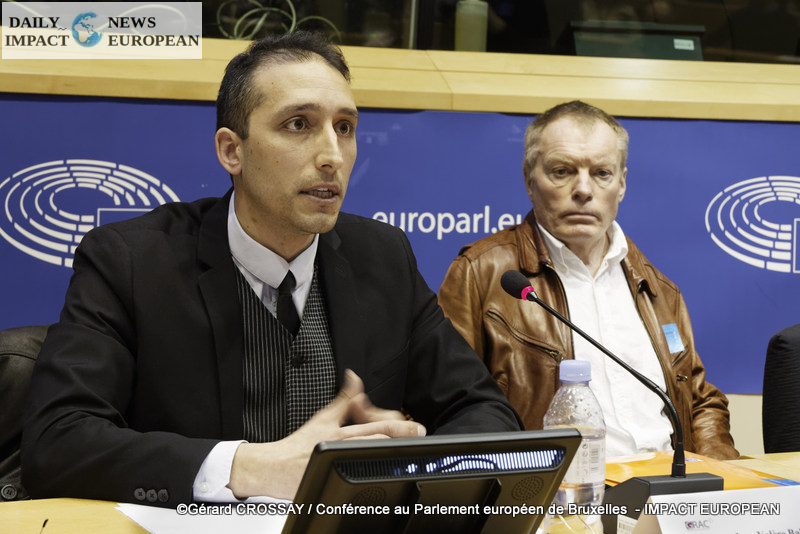








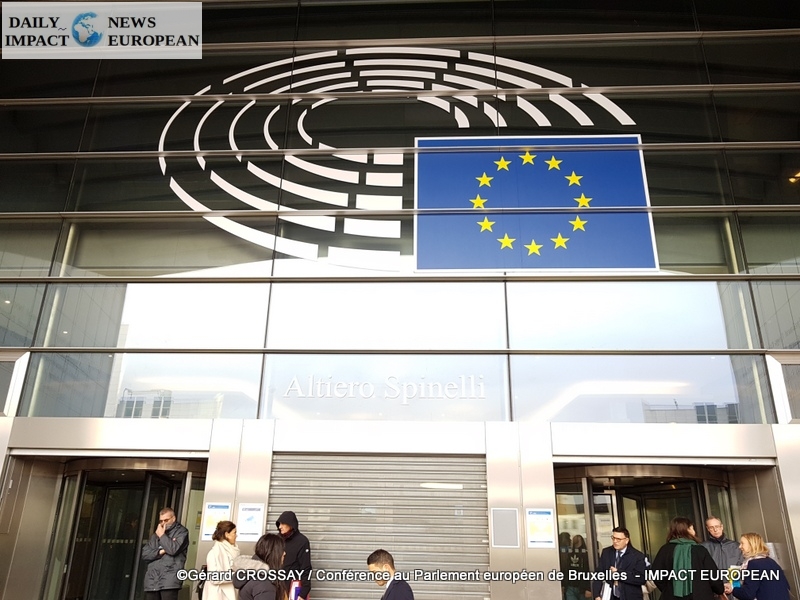
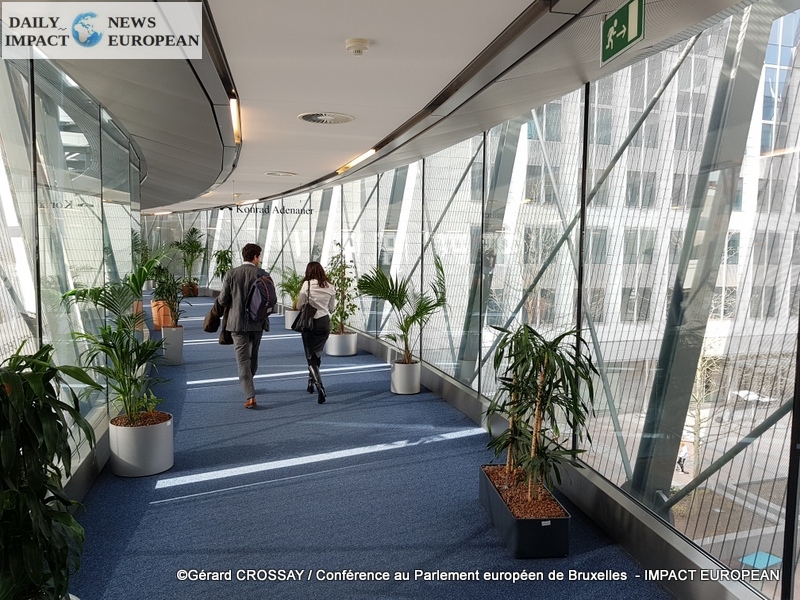
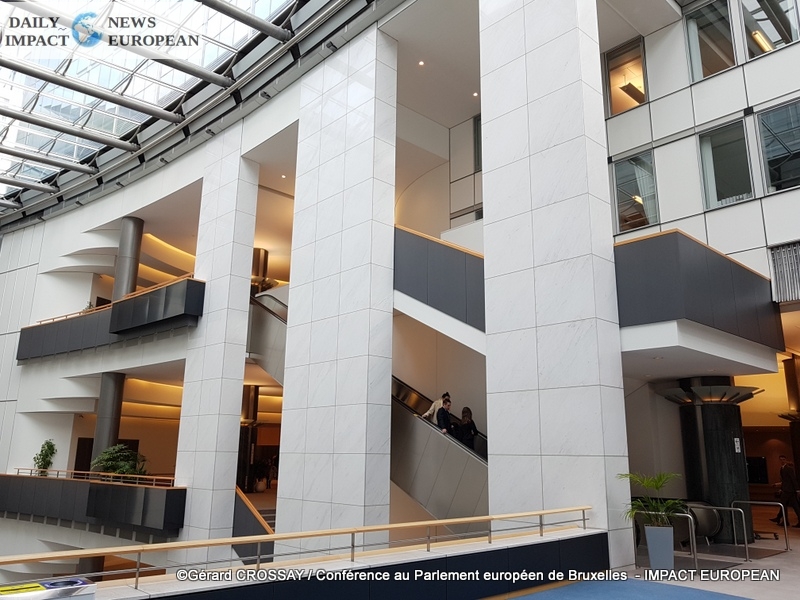
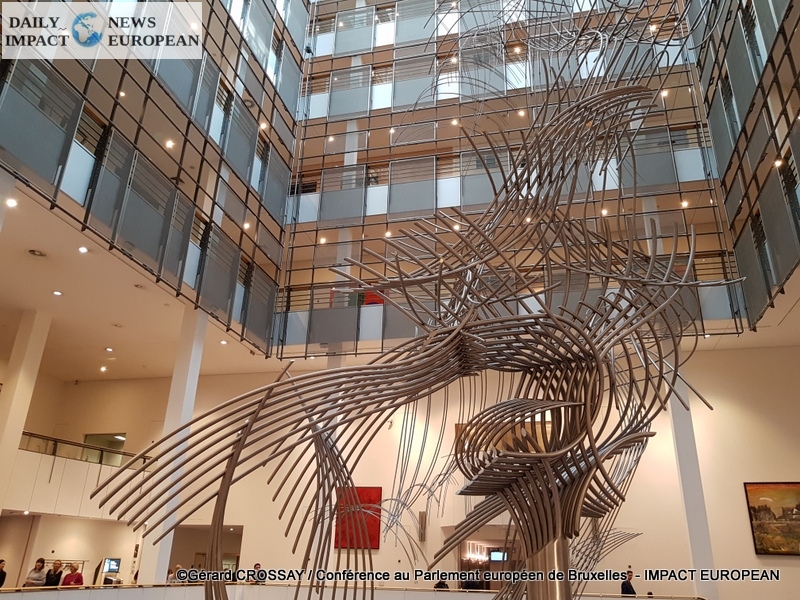
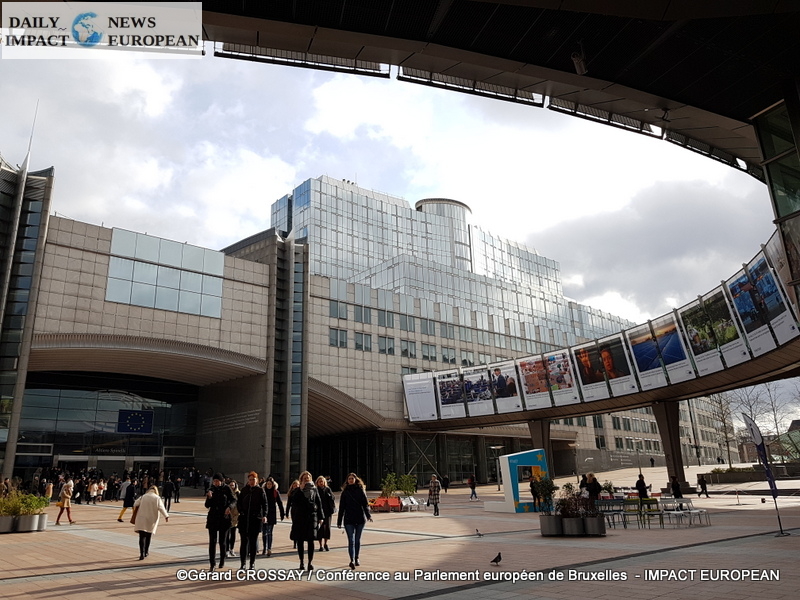
More Stories
Salon international de l’agriculture 2026: A Cattle-Free Edition Under Pressure
Paris Agricultural Show Opens Without Cattle Amid Tensions
51st César Awards: A Night of French Cinema and Parisian Elegance